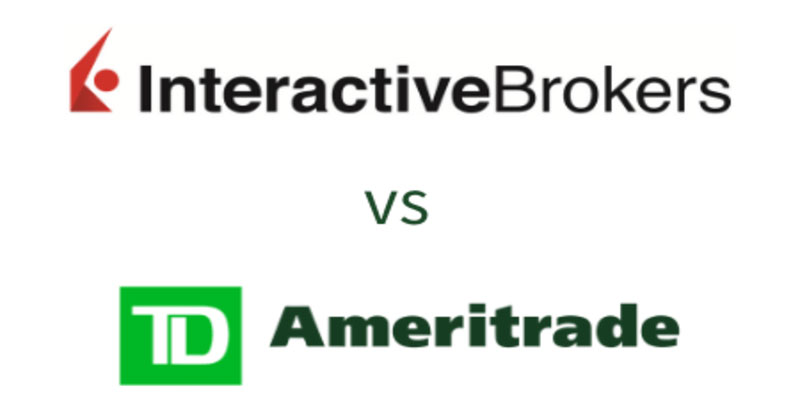What are the 401(k) Plan Contribution Limits?
May 26, 2025 By Kelly Walker
A 401(k) is a tax-advantaged retirement private pension plan provided by an employer. You financially support this account by depositing a certain percentage of your salary. The most significant advantage of an Employer 401(k) Match plan is that it can compare your payments into your account up to a maximum amount. Employer pension contributions don’t count towards the yearly contribution limit for 401(k)s set by the IRS. However, there is a sizable annual limitation for total contributions, which includes employer marching. A financial adviser can assist you in resolving all of your queries about how 401(k) operates.
Employer 401(k) Match: What is it?
A 401(k) is the typical employer-sponsored retirement plan utilized for the organization, and for the majority of employees, it is one of the significant benefits provided by their employer. When an employer offers 401(k) matching contributions, it means that it will contribute an equal amount to your retirement account for every dollar you put in.
Employers can match an employee’s 401(k) matching contribution in several ways. Although the term “match” denotes that they can contribute a relatively similar amount as you, it doesn’t always turn out to be the issue. They might be able to contribute simply a percentage of what you contribute to your 401(k)—for example, matching only your half contributions. Perhaps in a situation where the company matches 100% of your contributions, they might only contribute to a certain level, depending on a set money figure or a fixed percentage of your specific percentage of your salary.
401(k) Plan Contribution Limits: What is it?

If you are over the age of 50, you can contribute an extra $6,500 on top of the maximum $20,500, for a total contribution worth $27,000. Remember that there’s a maximum for both worker and employer contributions: company matching contributions are not counted towards this limit.
When it comes to contributions, the particular conditions of a 401(k) plan might differ tremendously. Your organization has the option of utilizing a highly liberal matching formula or deciding not to give it at all. Also, not all company contributions to an employee's 401(k) plan for an employee are matched.
Companies might contribute to employees' plans on a regular contribution irrespective of staff contributions, although this is uncommon. Make sure you review the plan paperwork provided by your company for information on how your 401(k) operates.
The two types of company contributions are as follows:
Partial Matching
A partial match indicates that the business will match a portion of your 401(k) contribution according to a specific level. Companies often match 50% of your contribution to 6% of your salary.
Consequently, if you earn $80,000 annually, your eligible contributions are 6% of your salary or $4,800. Even so, your company only gives a 50% partial match. They will indeed match half of the $4,800, or $2,400. To receive benefits from the total 401(k) match, you need to contribute 6%.
Even if you contribute extra, say 8%, your company will match only half of your salary because that’s their maximum. The company determines the matching criteria.
Full Matching
A dollar-for-dollar match means your company will contribute the same money as you do, according to a specific limit. For example, dollar-for-dollar compensation is equivalent to 4%. If you put 4% in, they put 4% in; if you put 2% in, they put 2% in. Even if you put in 6%, they only put in 4% because that is their maximum.
How 401(K) Matching Contributions Limits Work?
The 401(K) plan is a long-term savings plan meant to assist individuals in savings for retirement. The IRS classifies a 401(k) as a "qualified retirement plan," which means it provides a tax advantage for the worker, the employer, or both.
Employees benefit from their contributions being deducted from their total salary rather than their net earnings. This results in decreased take-home salary, which reduces employee tax, and investments are made continuously.
Employers can match a portion of their employee’s contributions to various 401(k) plans, even though this option is optional. The typical 401(k) match is between 3% and 7% of the employee's monthly earnings.
Does My Employer’s 401(k) Match Count
Several companies have a 401(k) employer matching plan, which means that the company will match the salary an employee contributes to their 401. The IRS and company limits might impact the amount of Employer 401(k) Matching Contributions. Some companies will match a percentage of an employee’s contribution percentage, whereas others will match the entire amount.
You can provide the same contribution for all employees or fluctuate based on the amount each person earns and alter annually based on their earnings. For example, if an employee receives a promotion at the end of the year, their company might also boost contribution amounts. Employers usually adopt a matching plan matching up to 6% of the employee's annual income.
Difference Between 401(k) And IRAs
- An individual retirement account (IRA) is an investment plan that allows you to make the unique tax laws created by the US government.
- The significant distinction between a 401(k) plan and an IRA is the amount of cash that can be contributed yearly.
- It should be highlighted that an employer does not generally sponsor IRA accounts. In recent years, SIMPLE and SEP IRAs have already been offered to workers as a workplace-sponsored plan.
Conclusion

The most crucial thing to know is that your individual contribution limit is unaffected by any company matching your firm makes to your 401(k). This means that increasing these contributions can be an excellent method to boost your retirement account's contribution amount without having to save or work for it.

What Is The Difference Between Interactive Brokers And Td Ameritrade?

Impact of Basel III rules on bank investment

What are the 401(k) Plan Contribution Limits?

What is a Car Depreciation

Difference Between Series EE and Series I U.S. Savings Bonds

What Is the Maximum Conforming Loan Amount?

10 Best Small Personal Loan Options for 2020

MoneyGram vs. PayPal vs. Xoom: Who Has the Lowest Fees?

Where In The United States Is Best To Purchase A Winter Home?

10 Most Prestigious Law Firms in the World

Continental Life Insurance: A Comprehensive Review
